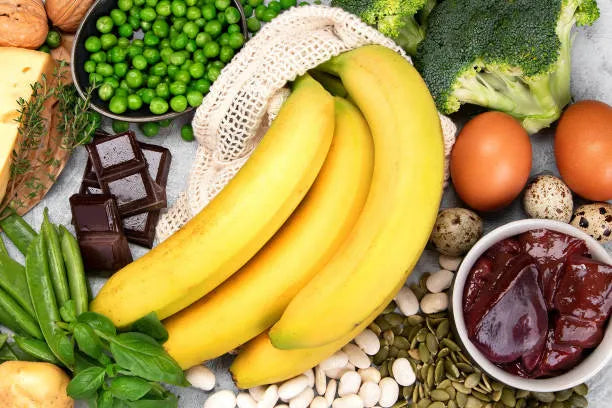
Eating for Better Sleep: What to Eat & Avoid at Night
Share
I know how frustrating it can be to toss and turn at night, staring at the ceiling, wondering why sleep won’t come. What if I told you that what you eat in the evening could make all the difference? Your diet plays a crucial role in promoting restful sleep—or keeping you wide awake.
What to Eat for a Good Night’s Sleep
1. Tryptophan-Rich Foods – Foods like turkey, eggs, and dairy contain tryptophan, an amino acid that helps your body produce melatonin, the sleep hormone. A small bowl of Greek yogurt or a handful of almonds can be a great bedtime snack.
2. Magnesium-Packed Choices – Magnesium is known to relax muscles and calm the nervous system. Bananas, spinach, and pumpkin seeds are excellent sources. A banana with nut butter can be a soothing evening treat.
3. Herbal Teas – Chamomile and valerian root teas have natural calming properties that can ease stress and signal to your body that it’s time to wind down.
Foods to Avoid Before Bed
1. Caffeine & Sugar – That late-night coffee or chocolate bar might seem harmless, but caffeine lingers in your system for hours, disrupting your sleep cycle. Even decaf coffee has small amounts of caffeine!
2. Heavy, Spicy, or Fatty Foods – Large or greasy meals can cause indigestion and acid reflux, making it hard to get comfortable. If you’re craving something before bed, keep it light and simple.
3. Alcohol – A nightcap may help you fall asleep faster, but it can also reduce sleep quality, leading to restless nights. Instead, opt for a calming tea or warm milk.
Small changes in your nighttime eating habits can significantly improve your sleep quality. Next time you reach for a late-night snack, choose something that will help—not hinder—your rest. Try making a few swaps and see the difference for yourself!
Get more knowledge about eating healthy, please refer to The Mediterranean Diet for Beginners.
